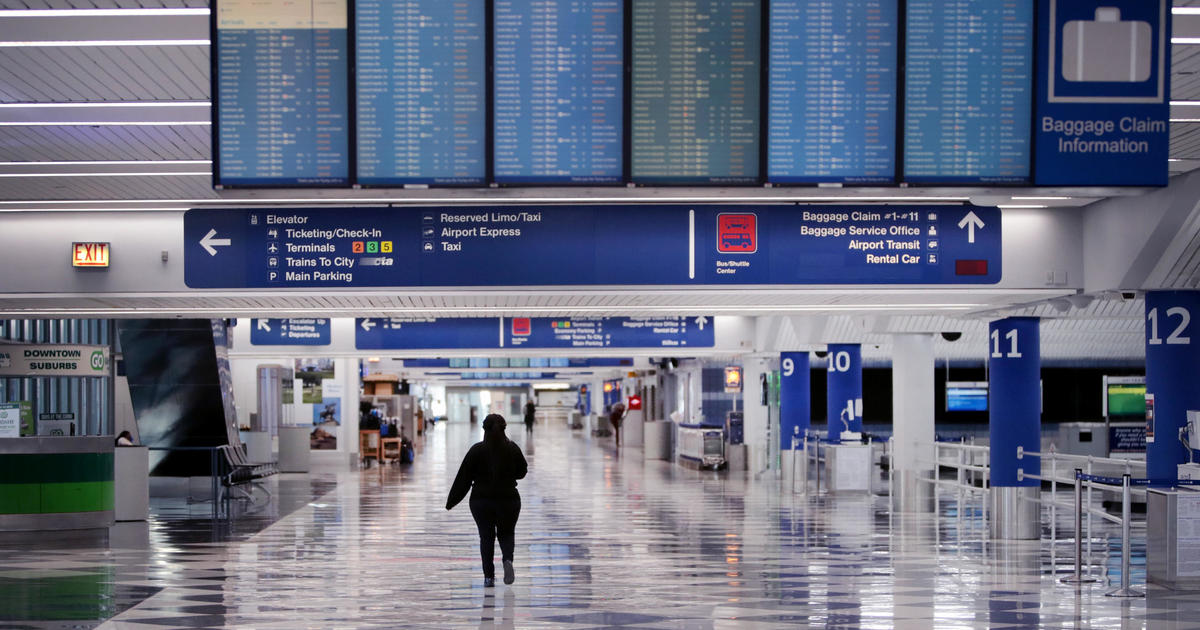Prospective tourists and visitors from more than 20 countries, mostly in Africa, could pay as much as a $15,000 bond to obtain a U.S. visa under a new rule from the Trump administration.
The requirements unveiled on Tuesday, the State Department said, are designed to send “a message” to certain nations to encourage their citizens to abide by the conditions of their U.S. visas. The State Department said it selected countries whose citizens have high rates of remaining in the U.S. after their visas have expired.
Under the a six-month pilot program starting December 24, U.S. consular officials could start requiring applicants for B-1 and B-2 visas who hail from the selected countries to pay a $5,000, $10,000 or $15,000 bond, according to the temporary final rule issued by the State Department.
“The Pilot Program is designed to apply to nationals of specified countries with high overstay rates to serve as a diplomatic tool to encourage foreign governments to take all appropriate actions to ensure their nationals timely depart the United States after making temporary visits,” the rule states.
Of the 23 countries subject to the new rules, 15 are African. They are Angola, Burkina Faso, Burundi, Cabo Verde, Chad, Democratic Republic of the Congo, Djibouti, Eritrea, the Gambia, Guinea-Bissau, Liberia, Libya, Mauritania, Sao Tome and Principe and Sudan.
Visa-seekers from Afghanistan, Bhutan, Burma, Iran, Laos, Papua New Guinea, Syria and Yemen could also be required to pay the bonds.
The State Department said the pilot program will allow it to gauge its ability to post, process and discharge bonds.
It is unclear if the incoming Democratic administration of Joe Biden will change or suspend the visa bond rules. Mr. Biden has vowed to overturn many of President Trump’s immigration policies, which collectively have restricted avenues for people abroad to come to the U.S., both permanently and on a temporary basis.
According to Tuesday’s rule, the number of cases expected to be affected by the new rules is “relatively small” since bonds will only be required for visa-seekers from the designated countries who have been granted a waiver that allows them to enter the U.S. The pilot program will not apply to student visa seekers or immigrants.
The rule instructs consular officers to typically require a $10,000 bond, unless they determine that it should be $5,000 because the visa applicant would not be able to pay the standard amount. Officers can also raise it to $15,000 if they deem a $10,000 bond would not be sufficient to ensure that the petitioner will depart the U.S. before the visa expires.
Consular officials could analyze the visa seeker’s travel purpose, job, income, skills and education to make these determinations.
Those subject to Tuesday’s rules could be eligible for a waiver if consular officials conclude that their cases raise “significant” national or humanitarian interest.
Visa-holders who post bonds are entitled to a full refund, along with accrued interest, if they fully comply with the terms of their stay in the U.S.
